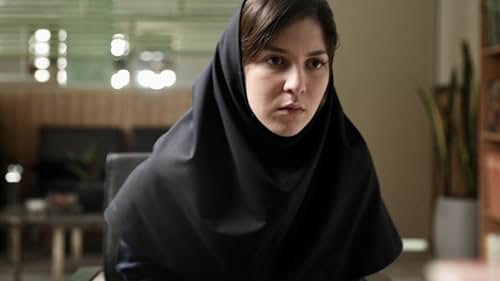"Terrestrial Verses," an audacious film originating from Iran, integrates elements from both the modernist streams of post-1979 Iranian filmmaking and a growing trend of social-political critiques against the Islamic Republic's authoritarian oppression. Directed by Alireza Khatami and Ali Asgari, the film challenges norms with simplicity and boldness. Each of its nine episodes is shot without edits from a single immobile camera position, focusing on one person being interrogated by an off-screen authority figure. Combining the elements of a one-act play, a documentary, and a drama, these episodes depict various individual encounters with the oppressive bureaucratic enforcement in Iran.
The film's first episode focuses on a young man who wants to name his son David, a choice met with resistance from a government official demanding a fitting Iranian name. This seemingly innocuous exchange subtly reflects the national struggle between cultural influence and religious orthodoxy. This balances humor for Iranian audiences, familiar with the local literary references, and the universal experience of bureaucratic obstinacy and overreach.
In another episode, a young eight-year-old girl, Selena, experiences a transformation from an energetic, dancing child to a faceless entity, adorning a full Islamic uniform. This uniform erases her individuality, drawing parallels to societal pressure over women's attire in Iran. Despite her physical transformation, Selena’s spirit remains unbeaten, boldly resuming her dance after the ordeal, adding a symbolic layer of defiance.

"Terrestrial Verses", despite excluding any direct political references or violence, can be viewed as a sharp commentary on the oppressive power dynamics within the Islamic Republic affecting people at every societal level. These undertones were not lost to Iranian authorities. After receiving international acclaim, the film led to a travel ban for co-director Ali Asgari, along with property confiscation of some cast members.
In spite of Iran's significant restrictions on its filmmakers, "Terrestrial Verses" stands as an undeniable testament of defiant creativity. Khatami and Asgari cleverly weave into the narrative acknowledgment of the absurd barriers they face. An emblematic scene portrays a filmmaker progressively ripping out pages from his script to meet an official's objections, echoing the grim truth of Iranian cinema under strict regulation.
